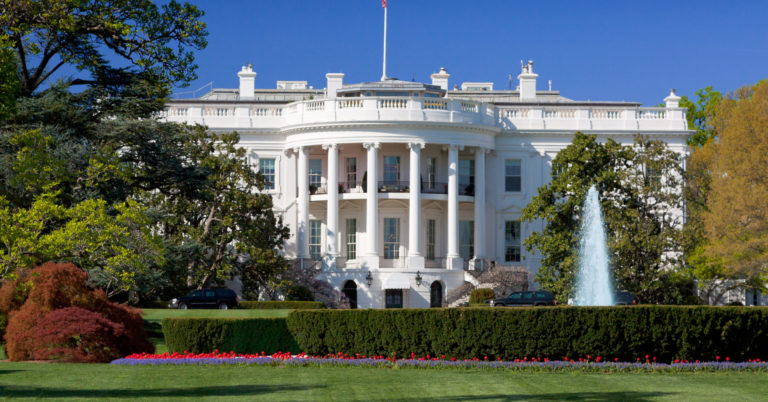Please select your state
so that we can show you the most relevant content.


On Thursday, May 28, 2020, the White House issued an executive order curtailing Section 230 of the Communications Decency Act. The Act, passed in 1996, asserts that people are responsible for their words and actions online, not the tools they use. It ensures that legal challenges to online speech should generally be directed at the speakers rather than the platforms. The law is often cited as a major reason for why free speech has flourished on the internet.
The administration’s executive order, if implemented, will have major implications for free expression online. In the following Q&A, Americans for Prosperity Senior Policy Analyst Billy Easley II explains its potential impact on the internet.
Q: What exactly does the executive order do?
A: The order instructs the FCC and the FTC to create new rules on how Section 230 is enforced. This will allow these agencies to punish online platforms they believe are engaging in “selective censorship.” Punishment could include those commonly used in antitrust cases, although the exact penalties are not specified in the order.
Q: If Congress wrote the law, does the administration have the authority to take these actions?
A: No. The administration must execute the laws passed by Congress and cannot rewrite them as it sees fit. Section 230 gives social media sites latitude in moderating their own content (which is usually explained in their terms of service). It does not give the FCC the authority to regulate online content. The order contradicts both of these aspects of the law.
Q: Is it true that online platforms are engaging in “selective censorship… in a manner that clearly reflects political bias”?
A: It is not clear that online platforms are guilty of systematically censoring online content in a manner reflecting political bias. It is true that these platforms have made mistakes when moderating content. For example, Facebook banned a campaign ad showing an abortion procedure because its terms of service prohibit posting footage of hospital procedures. However, its handling of the issue left many believing the company was banning anti-abortion ads. The company has acknowledged its error and is working to improve its moderation policies.
It is also important to recognize that conservative media enjoy significant benefits from online platforms. The Daily Wire and the Blaze’s accounts on Facebook and Twitter are among the most followed on the internet, allowing them to connect with millions of Americans.
The concern for censorship is healthy and important in our democracy. However, the executive order shifts responsibility for policing content from social media platforms to the government—historically, the greater threat to free speech.
Q: What social media platforms will be affected by the executive order?
A: All of them. Under the order, the FCC and FTC would police, not just Facebook and Twitter, but any website that allows people to post content. Reddit posts, product reviews on Amazon, and the comments sections on major and local newspapers would be subject to government regulation.
Q: What will this mean for everyone’s social media accounts?
A: If the order is implemented, the internet will become a very different place. If you’ve ever been frustrated because your internet was too slow, imagine that same frustration on any site where you can post content. These sites will have to either moderate everything, which means users will have to wait hours or days to see their posts approved, or censor a significant amount of content (which is the easiest way to eliminate liability). Thus, the internet will lose the key element of instantaneous communication and social media users will find greater obstacles to free expression. These burdens will fall hardest on smaller content providers, since the larger ones have greater resources to manage the regulatory load.
Q: What happens next?
A: In the short term, the FCC and the FTC will come up with rules to comply with the order. Once those rules do come out, they will likely face a gauntlet of legal challenges, possibly lasting for years.
© 2024 AMERICANS FOR PROSPERITY. ALL RIGHTS RESERVED. | PRIVACY POLICY
Receive email alerts to learn how to get involved